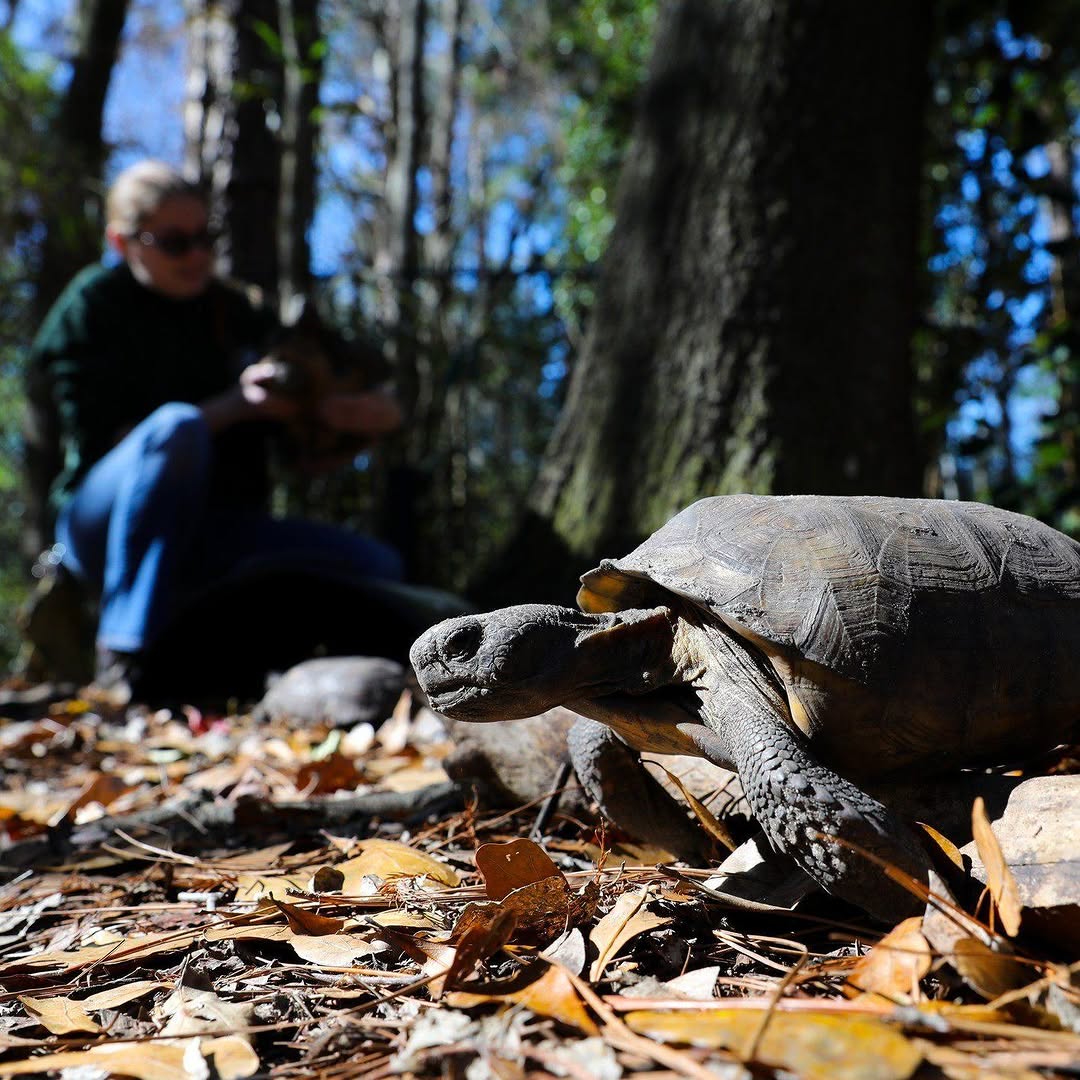- Explore the typical day and responsibilities of a zookeeper.
- Understand the skills and training required for a career in zookeeping.
- Learn about the conservation efforts led by zookeepers.
- Delve into the educational opportunities offered by programs like "Zookeeper for a Day."
- Discover how participating in zoo programs can inspire future careers in animal care and conservation.
Zookeepers play a crucial role in the care and management of animals within a zoo setting. Their days are filled with a variety of tasks, from preparing meals and cleaning enclosures to observing and documenting animal behavior. Each routine task contributes to the health and well-being of the zoo’s residents. A significant responsibility involves monitoring the health and mood of animals. Zookeepers must be keen observers, noticing even subtle changes in behavior, which could indicate a health issue. This ensures that any problems are addressed quickly by veterinary staff.
Feeding is more than just providing food; it involves creating a balanced diet that meets the specific nutritional needs of each species. Zookeepers often collaborate with nutritionists to design meal plans, paying attention to details that could affect the health of the animals. Additionally, they engage in enrichment activities to stimulate the animals mentally and physically. These activities are designed to mimic natural behaviors and environments, enhancing the quality of life for these creatures within the confines of the zoo.
Pursuing a career as a zookeeper requires a blend of education, hands-on experience, and passion for wildlife. Candidates often hold degrees in biology, zoology, or related fields, coupled with extensive internships or volunteering in animal care settings. Many zoos, including the Santa Fe College Teaching Zoo, offer dedicated programs such as their Zoo Animal Technology Program. These programs are instrumental in providing practical experience and insight into the daily operations of a zoo.
Skills in animal husbandry, species-specific knowledge, and the ability to handle unpredictable situations are crucial. Physical fitness is also important given the demanding nature of the work, including maintaining enclosures and sometimes handling large animals. Interpersonal skills are necessary for effective communication within a team and with the visiting public. Zookeepers often serve as ambassadors, educating visitors about the animals and the importance of conservation efforts.
Conservation is an integral part of zookeeping. Many zoos participate in breeding programs for endangered species, helping to maintain genetic diversity and, in some cases, reintroducing animals into the wild. Zookeepers are at the forefront of these efforts, working alongside conservationists and researchers. This role involves not only direct care but also engaging the public in conservation awareness campaigns. Public education is a significant aspect of a zookeeper’s duties, as it fosters appreciation and stewardship for wildlife and the environment.
The "Zookeeper for a Day" program at Santa Fe College Teaching Zoo provides a unique opportunity for participants to gain hands-on experience in zookeeping. Available for animal enthusiasts aged nine and up, the program offers a realistic glimpse into the life of a zookeeper. Participants perform tasks like preparing food, assisting in animal observations, and learning about the principles of animal care and management. This immersive experience is particularly beneficial for those considering careers in animal care, as it provides a practical preview and can inspire a deeper commitment to pursuing this path.
Educational programs like these also serve as a bridge between zoos and the public, fostering a deeper understanding and appreciation for the complex work involved in animal care and conservation. Participants learn about the importance of species conservation, the challenges faced by wildlife, and the role zoos play in global conservation efforts. These programs make conservation issues tangible and immediate, inspiring individuals to consider how they can contribute to these efforts in their daily lives.
Engaging with zoo programs not only nurtures a passion for animals and nature but can spark a long-term interest in careers related to animal sciences, conservation, and environmental stewardship. By participating in these programs, individuals can see first-hand the dedication and commitment required to care for animals, motivating them to pursue careers that make a difference for wildlife around the world.
The life of a zookeeper is filled with challenges and rewards. Day-to-day tasks ensure the immediate welfare of animals, while long-term involvement in conservation helps secure a future for many species. Programs like "Zookeeper for a Day" highlight the importance of education and experience in fostering a new generation of animal care professionals and conservationists. By understanding the depth of their work, we can better appreciate the dedication required to support and protect our planet’s diverse wildlife.
*****
Source Description
🐾 Ever wondered what it’s like to be a zookeeper? 🐾
If you’re passionate about animals and curious about how our team provides top-notch care to the residents of the Santa Fe College Teaching Zoo, here’s your chance to find out!
🌟 Join our “Zookeeper for a Day” program!
Work alongside our zookeepers for a morning, gaining hands-on experience and a behind-the-scenes look at the world of zookeeping.
📚 Who can participate?
Animal lovers ages 9 and up
Those considering the Zoo Animal Technology Program—it’s a great sneak peek into your future!
📅 Upcoming Dates:
January: 21, 26, 31
February: 4, 9, 22, 23
March: 7, 15, 16, 19, 25, 29, 30
April: 4, 8, 13, 18, 22, 30
⚠️ Reservations are required at least 2 weeks in advance!
💻 Sign up today: https://t.ly/CJk4r
🐾 Don’t miss your chance to step into the boots of a zookeeper and discover what makes this job so rewarding! 🐾


